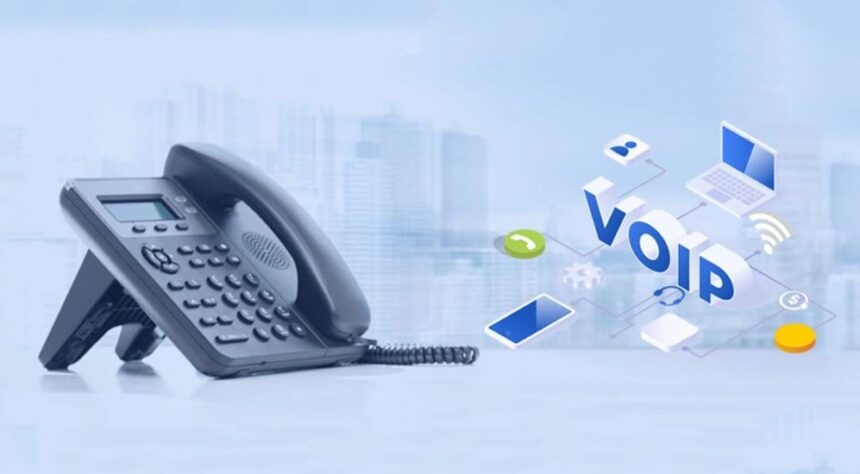Voice over Internet Protocol (VoIP) technology has transformed the telecommunications landscape, offering a versatile and cost-effective alternative to traditional telephone services. In the UK, the adoption of VoIP in residential settings is driven by its capability to integrate seamlessly with emerging digital trends and the ever-increasing demand for smart home connectivity.
Understanding VoIP and Its Advantages for Home Users
VoIP technology converts voice into digital signals that travel over the internet, allowing users to make calls directly from a computer, a VoIP phone, or other data-driven devices. This innovation not only enhances flexibility but also significantly reduces costs associated with traditional phone services by leveraging existing internet connections. The advantages for home users in the UK include:
- Cost Efficiency: VoIP services are typically cheaper than traditional telephony, especially when it comes to international calls.
- Flexibility: Users can make and receive calls anywhere with an internet connection, ensuring they stay connected no matter their location.
- Advanced Features: VoIP services often come with features such as caller ID, call forwarding, voicemail to email, and video calling capabilities.
Integration with Smart Home Technologies
As smart homes become more prevalent across the UK, VoIP home phone UK technology has adapted to become a cornerstone of home automation. Integration with IoT (Internet of Things) devices means that VoIP can work in tandem with smart home assistants, security systems, and other connected devices to create a cohesive and interactive home environment. This integration allows for functionalities like voice-activated dialling and control of home features through simple voice commands.
The Role of AI and Machine Learning in VoIP Enhancements
The infusion of Artificial Intelligence (AI) and machine learning into VoIP technology has led to significant improvements in voice recognition and call quality. AI algorithms help in noise reduction and echo cancellation, ensuring clearer and more reliable communication. Furthermore, AI can analyze calling patterns and preferences to offer personalized experiences and predictive suggestions, enhancing user engagement and satisfaction.
VoIP Security Measures in the Digital Age
With the increased adoption of VoIP services, security remains a paramount concern. UK service providers are continuously upgrading their security protocols to safeguard user data and prevent unauthorized access. Measures such as end-to-end encryption, secure VoIP gateways, and regular updates are standard practices that ensure the integrity and confidentiality of communications.
Future Trends and Developments in VoIP Technology
Looking forward, VoIP technology is set to undergo more transformative changes, which include:
- 5G Integration: The rollout of 5G networks will drastically improve the speed and reliability of VoIP services, reducing latency and enhancing the overall user experience.
- Increased Portability: Future developments aim to make VoIP solutions even more portable and easier to integrate with mobile technology, reflecting the growing trend of mobile-first communications.
- Eco-Friendly Solutions: As sustainability becomes more crucial, VoIP technology offers a green alternative to traditional telephony that relies less on physical infrastructure and reduces the carbon footprint associated with communications.
Conclusion
The continuous innovation in VoIP home phone technology signifies a robust growth trajectory that promises to revolutionize how UK households communicate. By embracing these advancements, users can enjoy not only cost savings and enhanced flexibility but also superior service quality that meets the demands of modern digital lifestyles. As VoIP technology evolves, it remains a key player in the broader landscape of digital communication, setting new standards for connectivity in smart homes across the UK.


